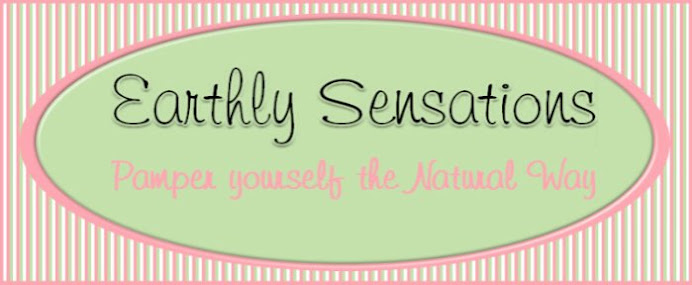- Always use the best-quality essential oils, purchased from a reputable company.
- Do not apply essential oils directly to skin, with the exception of tea tree* and lavender (on localized areas only) - but these can also create sensitivity if used over prolonged periods.
- Do not use essential oils if you are taking Homeopathic remedies without consulting your Homeopathic doctor first.
- Do not use the same essential oil exclusively over a long period of time. You can become sensitive to the oil.
- Blend essential oils in a well-ventilated room.
- Do not take essential oils internally.
- Always follow suggested amounts - use less rather than more if you are unsure.
- Keep essential oils out of reach of children.
- Keep essential oils away from the eyes.
- When adding essential oil to the bath, drop directly under running water to avoid high concentration and skin sensitivity.
- Essential oils are flammable and should not be stored by any open flame.
*Note: If you've had your tea tree oil for more than 12 months, it may become a skin
irritant.
First aid measures
If essential oil is ingested, rinse mouth out with water. Drink a large glass of milk. Seek medical advice immediately. If essential oil gets into eyes, flush with large quantity of water immediately. Seek medical advice immediately. If essential oils are splashed onto the skin directly and irritation results, apply carrier oil to the area to dilute.
Direct applications
The following cautions apply only to direct application of essential oils to the skin in a carrier oil. They do not apply to diffusing essential oil, perfume oil and soapmaking.
- Babies - Children from 9 to 18 months: use maximum 1 drop of essential oil to 20 ml of carrier oil or lotion. Children from 18 months to 2 years: use maximum 1 drop essential oil per 10 ml of carrier oil or lotion. Chamomile or lavender are recommended.
- Children - 2 to 10 years: use a maximum dilution of 2 drops of essential oil per 10 ml of carrier. Ravensara, chamomile, lavender and mandarin essential oils are good oils to use on children in the recommended doses. It is vital to note that essential oils should ALWAYS be stored well out of reach of children, as direct ingestion can cause illness and possibly death.
- Pregnancy - avoid all essential oils in the first trimester. During pregnancy, use essential oils with great caution, especially if there is a history of miscarriage. Research the safety data for each oil you plan to use while you are pregnant and consult a qualified aromatherapist. Low dilutions are best. When blending oils with carrier oils, mix 1 drop of essential oil to 10 ml of carrier oil. Oils that are safe to use during pregnancy (in the above mentioned dilution), according to Robert Tisserand (Essential Oil Safety: A Guide for Healthcare Professionals. London: Harcourt Publishers, 1999), are cardamom, chamomile (Roman and German), geranium, ginger, lavender, neroli, palmarosa, patchouli, petitgrain, rose and sandalwood. Oils to absolutely avoid are camphor, parsley seed and sage (Spanish). If you are unsure, avoid use or talk to a qualified aromatherapist. It is beyond the scope of this blog/article to cover all pregnancy concerns. Please read a book on Aromatherapy and Pregnancy.
- Clary sage should not be used if you have consumed alcohol, as it can have a narcotic effect, including hallucinations and nightmares.
- High blood pressure - avoid cypress, nutmeg, pine, rosemary, sage and thyme.
- Low blood pressure - avoid marjoram and ylang ylang (as it lowers blood pressure).
- Asthma - do not use peppermint or any essential oil that is classed as a top note, as they could irritate sensitive bronchi.
- Cardiac fibrillation - do not use peppermint.
- Epilepsy - avoid camphor, fennel, hyssop, rosemary and sage.
- Estrogen patch wearer - it is best to avoid geranium and vitex.
- Insomnia - avoid basil, lemon, peppermint, rosemary and verbena.
- Skin irritants - use a maximum of 3 drops when using the following oils in a bath: basil, fennel, lemon, lemon grass, nutmeg, peppermint and thyme.
- Sun exposure - before going into the sun or using tanning beds, avoid bergamot, grapefruit, lemon, lime, mandarin and orange. Tagete is extremely phototoxic.






